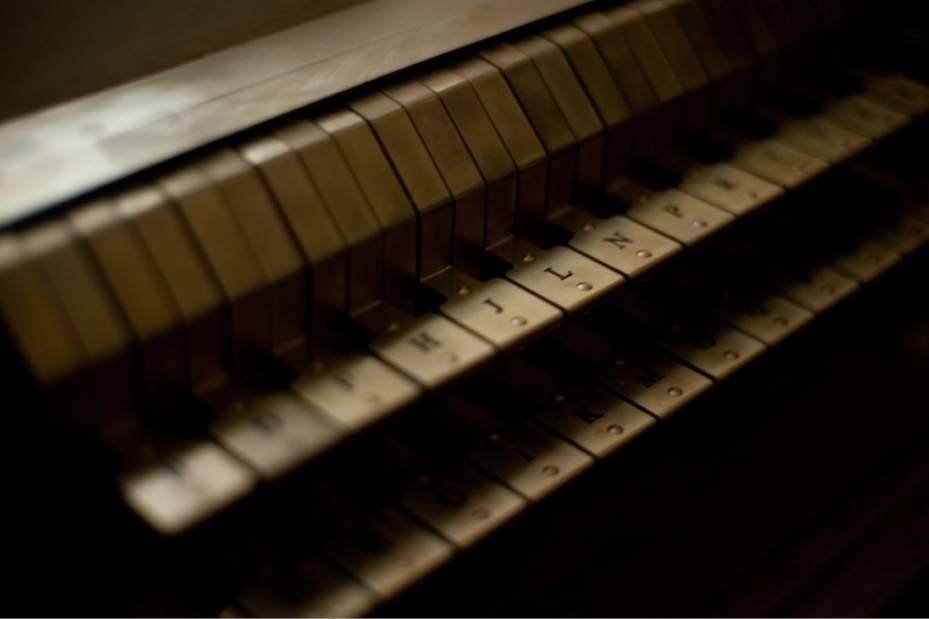Vintage German decoder to be displayed in Pitt's Hillman Library
Nicholas Rescher is a man of words and thought.
The University of Pittsburgh distinguished professor of philosophy has authored, co-authored and edited more than 100 books and received honors from professional societies here and abroad.
His most cherished accomplishment these days might be a brass-and-iron, mechanical encrypting machine that the university will reveal on Friday and put on display in the Hillman Library beginning Saturday.
Rescher, 84, rescued the plan for the machine several years ago from the archival papers of 17th-century German mathematician G.W. Leibniz, an international diplomat and scholar credited with inventing several branches of mathematics and founding academies across Europe.
Leibniz's plan, prepared for Holy Roman Emperor Leopold I in 1688, was never executed. Although an active espionage trade spanning Europe at the time revolved around secret codes, Rescher said, documents suggest Leopold had no interest in the machine.
The tall, courtly professor clasped his hands as he recalled how he stumbled upon the plan while reading newly released papers from the Leibniz archives, kept in Germany.
“It was like a bolt from the blue. Light bulbs went off in my head when I read it,” Rescher said.
He knew Leibniz devised a stepped-drum gear that he used to build a mechanical calculator. Rescher said the gear was the key to a sophisticated machine that could code and decode messages.
Because Leibniz left no sketches, Rescher called on a friend, retired mechanical engineer Richard Kotler of Forest Hills, to help.
“It was great fun,” Kotler said, describing how he worked with Rescher.
Skilled craftsmen in Leibniz's hometown of Hanover, Germany, built the machine from Rescher's and Kotler's specifications. From start to finish, the project encompassed about two years.
On Monday, Rescher demonstrated the machine in his 10th-floor office in the Cathedral of Learning.
As he hit the brass piano-like keys to spell out NICHOLAS, the machine coded it to XRSCJPEY. He began to type his name a second time, and the letters NIC came up TQM.
“The more patterns you can introduce into your patterns, the more difficult they are to break,” Rescher said.
When the machine goes on display, it will include a computer keyboard, programmed to encode communications in the same fashion, so the curious can get a hands-on demonstration of the Leibniz machine's capabilities.
Rescher said nothing came close to rivaling the device until Germany came up with the Enigma machine during World War II.
“(Leibniz's machine) was about 250 years ahead of its time. ... It would have been secure against anything. Maybe it could have been broken in the era of IBM sorting machines, but it might have actually pushed into the era of computers,” Rescher said.
Debra Erdley is a staff writer for Trib Total Media. She can be reached at 412-320-7996 or derdley@tribweb.com.



